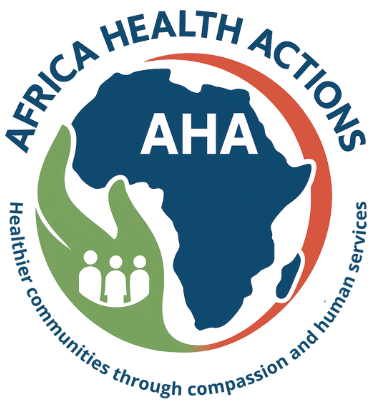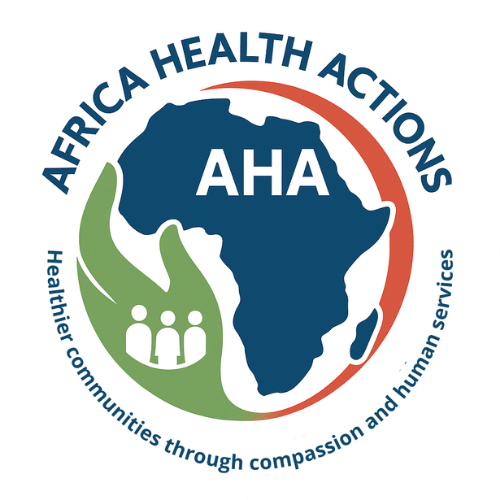Maternal, newborn, and child health (MNCH) remains a significant health challenge in Sub-Saharan Africa, with high levels of maternal and child mortality. The region continues to face disparities in accessing quality healthcare services, leading to preventable deaths and poor health outcomes for mothers, newborns, and children.
Maternal, newborn, and child health (MNCH) pose formidable challenges in Sub-Saharan Africa, characterized by persistently high levels of maternal and child mortality. The region grapples with disparities in accessing quality healthcare services, resulting in preventable deaths and adverse health outcomes for mothers, newborns, and children.
Contributing to these challenges are deficiencies in the healthcare infrastructure, including shortages of healthcare professionals, inadequate facilities, and inconsistent supply chains for essential medicines and equipment.
Rural and marginalized communities, in particular, contend with limited access to healthcare facilities, skilled birth attendants, and essential maternal and child health services. Widespread malnutrition further exacerbates the health landscape.

Our Goal
Our unwavering goal in Maternal, Newborn, and Child Health is to guarantee that every pregnant woman and newborn, irrespective of their social or economic status, receive exemplary care throughout the entire continuum—from pregnancy through childbirth and into the postnatal period.

This commitment underscores our dedication to ensuring that the crucial moments surrounding childbirth are marked by quality healthcare, promoting the well-being of both mothers and newborns.
Through this mission, we aspire to contribute to a future where no woman or newborn is left without the essential care they deserve, fostering healthier communities and brighter futures.
Our strategy
Addressing Maternal, Newborn, and Child health challenges requires a multifaceted approach. AHA collaborates with various stakeholders, including governments, non-governmental organizations, and international partners, to drive positive change in MNCH in Sub-Saharan Africa. Our strategies encompass:
Strengthening Healthcare Systems:
AHA is at the forefront of initiatives aimed at fortifying healthcare systems. We actively work to enhance infrastructure, ensuring its resilience to meet the demands of MNCH.
This involves improving the availability of skilled healthcare workers, fostering their continuous development, and establishing robust supply chains for essential medical supplies.
These efforts collectively contribute to building a more robust and responsive healthcare infrastructure.
Community-Based Interventions:
Recognizing the pivotal role played by community health workers, AHA empowers these frontline healthcare providers to deliver MNCH services and education at the grassroots level.
This is especially critical in hard-to-reach areas where community health workers become instrumental in bridging the healthcare gap. By facilitating community-based interventions, AHA ensures that MNCH services are accessible to those who need them most.
Promoting Family Planning:
AHA is a staunch advocate for and supporter of increased access to family planning services. This strategic initiative empowers women and families to make informed decisions about family size and the timing of childbirth. By promoting family planning, AHA contributes to the overall well-being of mothers and children, fostering healthier families and communities.
Nutrition Programs
AHA’s comprehensive strategy includes targeted nutrition interventions designed to address malnutrition in both pregnant women and children. These programs are meticulously crafted to mitigate associated health risks and promote optimal health outcomes. Through nutrition programs, AHA seeks to ensure that every mother and child receives the essential nourishment required for a healthy and thriving life.

